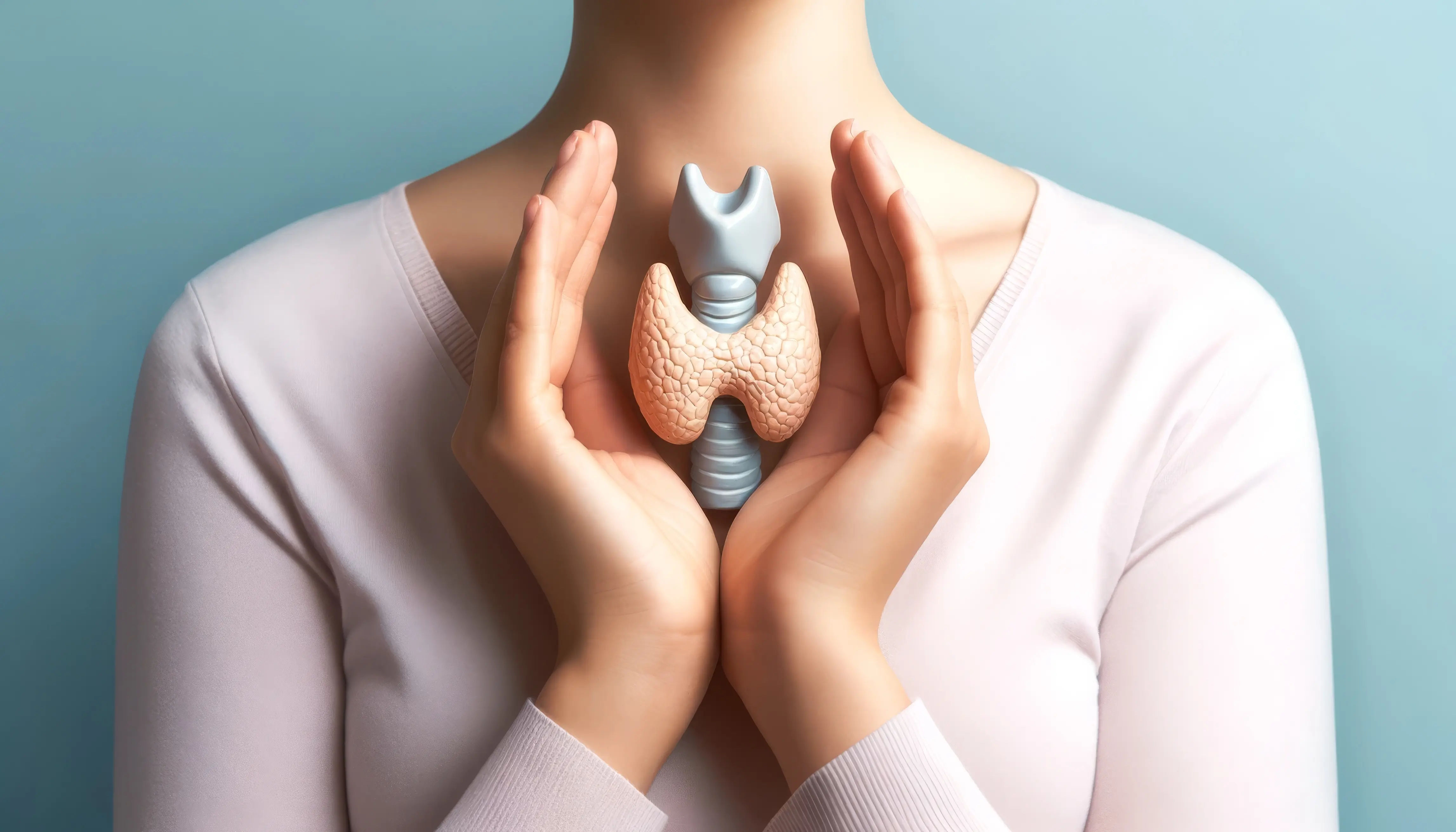- male
- 25 Years
- 14/08/2025
how can i tell if i have gynecomastia or just chest fat and if it is gyno are there any non-surgical treatments to fix it
Answered by 1 Apollo Doctors
gynaecologist opinion is advised to the patient
Dr. Dhankecha Suggests...
Consult a Endocrinologist
Answered 14/08/2025
0
0

More Endocrinology Health Queries
View allFertility: What are the most common causes of infertility?
Idiopathic
read more![Doctor 1]()
![Doctor 2]()
Answered by 1 Apollo Doctors
Can you stop taking thyroid medication once you start?
No but dosage of the medication can be modified .
read more![Doctor 1]()
![Doctor 2]()
Answered by 1 Apollo Doctors
What are the foods to avoid thyroid?
Oily/ fried food should be avoided and cabbage, broccoli, kale, cauliflower, spinach should be consumed in moderation
read more![Doctor 1]()
![Doctor 2]()
Answered by 1 Apollo Doctors
Disclaimer: Answers on Apollo 247 are not intended to replace your doctor advice. Always seek help of a professional doctor in case of an medical emergency or ailment.


